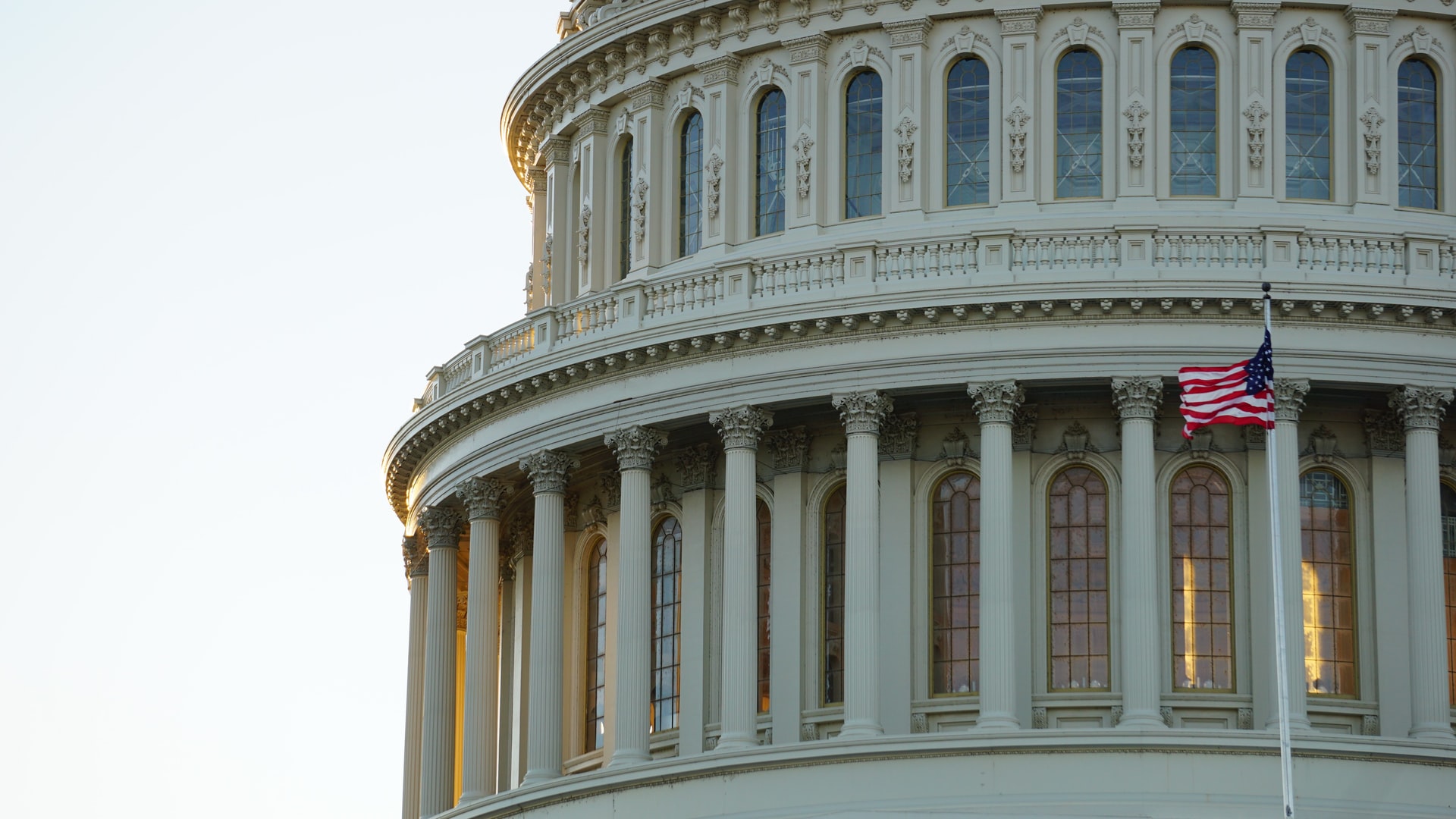On September 21, House Democratic leaders unveiled a new piece of legislation aimed at limiting executive powers and preventing any future abuses of such powers by a sitting president or vice-president. The bill, which comes as an indirect response to the many questionable exercises of executive power during the Trump presidency, was introduced by House Intelligence Committee Chair Adam Schiff and sponsored by House Speaker Nancy Pelosi. Given the support from a number of powerful House Democrats, it is likely that the bill will be one of the most important Congressional focuses this fall.
H.R. 8363, referred to as the “Protecting Our Democracy Act,” addresses three central threats to the current landscape of American democracy — the abuse of executive power, the weakening of checks and balances, and the need for electoral security against foreign actors. Some remedies proposed by the bill include a restriction on presidential pardons, an outright ban of the self-pardon, a suspension of the statute of limitations on any presidential crimes, and a requirement of federal campaigns to report their foreign contacts, funding, and tax records.
According to Schiff, “Donald Trump made this legislation a necessity, but this is bigger than about any one particular president.” Though the bill clearly addresses the many abuses of the previous Republican administration, it would also reduce the power of the current Democratic administration and any successors from either side of the American political spectrum. As such, the legislation would prove beneficial for all parties involved. Yet, it is likely that the bill’s passage will ultimately fall along partisan lines, given the almost-evenly split House of Representatives and Senate.
The executive abuse of power has been a part of American politics since the birth of the republic. During the days of George Washington, anti-Federalist and future president Thomas Jefferson questioned whether the creation of the Bank of the United States was a step towards autocratic rule. In 1832, President Andrew Jackson used the presidential veto a whopping 12 times, working to sabotage the national bank (in true Jeffersonian fashion) and strengthen his own cabinet in a political struggle known as the Bank War. A century later, in 1941, President Franklin D. Roosevelt ordered the internment of over 120,000 Japanese Americans in response to the Attack on Pearl Harbor — which was repudiated as unconstitutional by several Supreme Court Justices in 2018, after more than 73 years. President John F. Kennedy failed to consult with Congress before launching the failed 1961 Bay of Pigs invasion, while his brother Attorney General Robert Kennedy approved wiretaps on Martin Luther King Jr.’s home and offices. Then, just half a decade later, self-described “not-a-crook” President Richard Nixon attempted to halt the investigation of the Watergate scandal.
Don’t be fooled, American democracy hasn’t left executive abuse in its distant past. In fact, the mishandling of presidential power is more prevalent in recent history than ever before. During the Obama administration, the norm-shattering executive frequently allowed the Department of Justice to spy on journalists and reporters under the guise of “national security.” Further, the administration was unrelentingly aggressive in its prosecution of whistleblowers.
The Trump administration, however, was particularly ambitious in its misuse of executive power. Through his four years in office, former President Donald Trump issued a total of 237 acts of clemency, which includes pardons and commutations. The sheer number of pardons is not significant — rather, the nature of the pardons is what proves to be alarming. A bulk of the recipients of these pardons were either involved with the Trump campaign or hold direct personal ties with the Trump family. Beyond pardons, the executive also used his power to obstruct the investigation of Russian interference in the 2016 presidential election. Lastly, in the last days of his presidency, the former president attempted to subvert the sacred electoral process by pressuring election officials into discarding votes, which caused quite a bit of noise in the process.
With the United States’s extensive history of presidential abuses of power, one thing is made certain: America needs executive accountability and transparency. Presidential power, when left unchecked, proves to be detrimental to the democratic process at large. And, at a moment in American history where public trust in the government continues to decline, it seems like there is no better time than the present to make a change. The only way to dig ourselves out of this hole is through meaningful, non-partisan legislation like the “Protecting Our Democracy Act.” Such products of our legislative process will not only prevent future abuses from happening, but will also embolden our democracy at large for generations to come.
Image by Ian Hutchinson is licensed under the Unsplash License.



